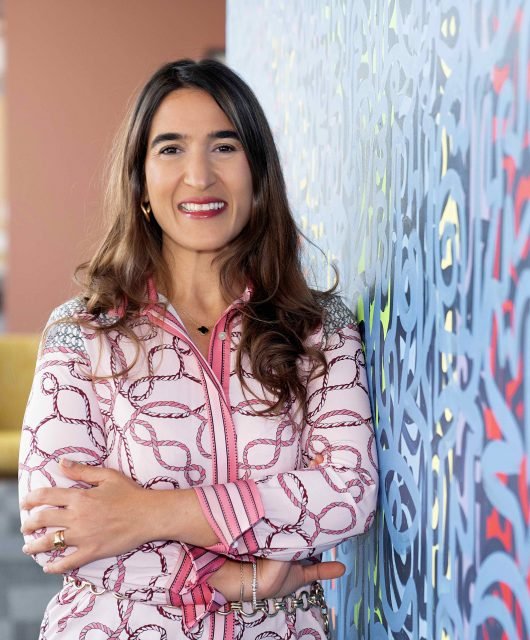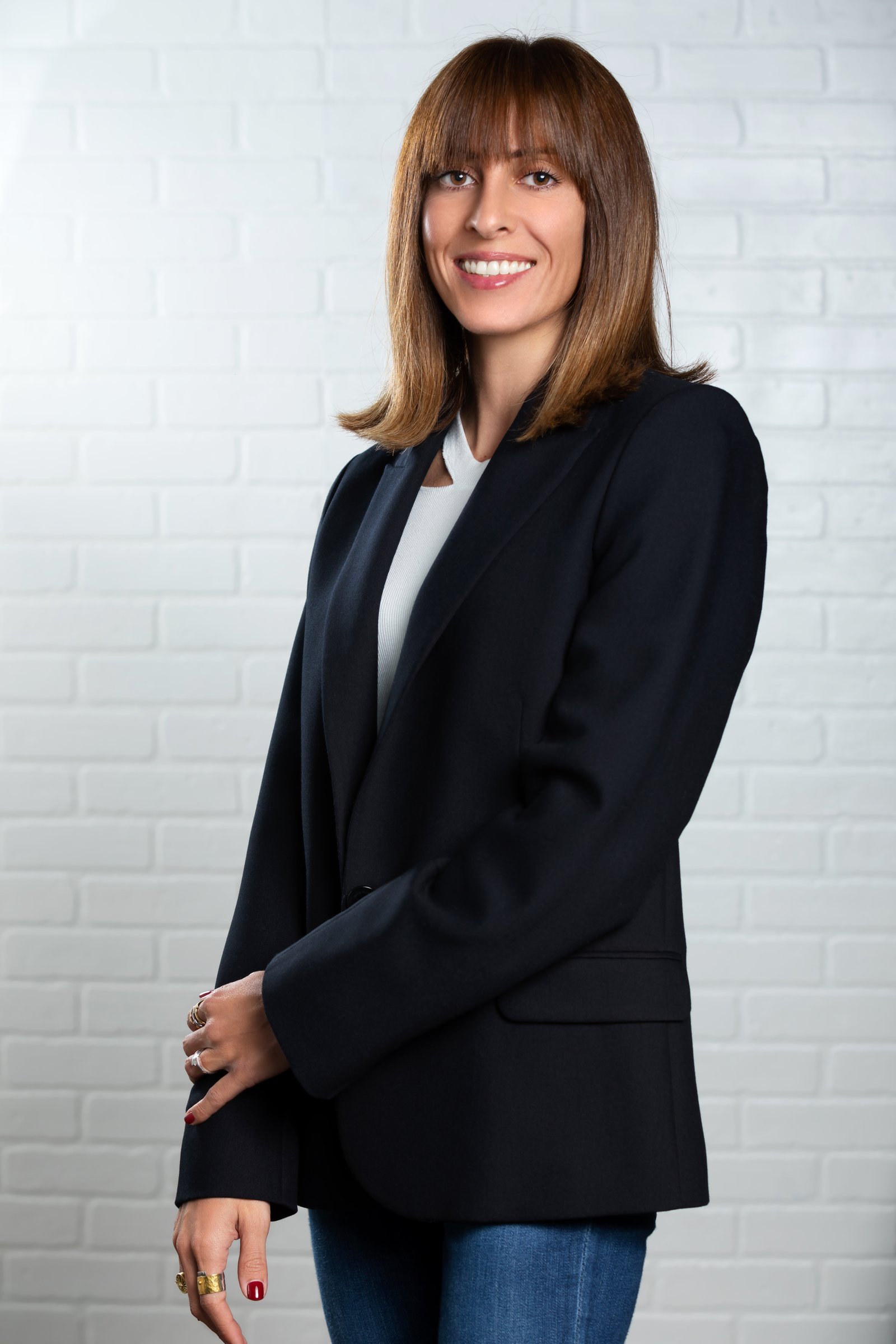The Wonder Women of MENA: Stellantis Middle East’s Reham Eldidi

About Reham Eldidi
In her role as Head of Corporate Communications, Reham leads and oversees internal and external corporate and brand communications for Stellantis Middle East and 10 of its iconic automotive brands – Abarth, Alfa Romeo, Chrysler, Citroën, Dodge, Fiat, Jeep, Opel, PEUGEOT and Ram – across 10 regional markets.
With more than a decade of experience in communications in the automotive industry, Reham brings together global and local teams to create campaigns that align with Stellantis’ ambitious growth plans and its aim to be the industry champion in climate change.
In driving brand storytelling across the region, Reham integrates strategic planning, creative content generation, and emotive and effective messaging; collectively designed to have a direct and positive impact on the success of Stellantis and its portfolio in Middle East markets.
In addition to providing strategic communications counsel to the C-Suite, Reham works with internal and agency teams across marketing and communications disciplines to build and cultivate relationships with stakeholders including media, dealers, colleagues, customers, and governments.
Reham received her MBA from the University of Wollongong, and has a Bachelor’s degree in Mass Communications from the American University of Sharjah.
About her thoughts for the industry
An industrial change in the way the world works is upon us. And how business responds to the latest complex demands from the paradigm shift in energy production will shape the next decades and beyond. A move towards greater use of electric vehicles (EVs) is central to that change – and is beginning to gather pace in the region.
Vehicle costs, access to charging stations and the availability of cheap fuel have historically been roadblocks in the way of wider adoption of electric vehicles in the gulf – but that is set to alter as we embark on this new era of energy transition. And while EVs have been at the forefront of sustainability conversations, it is not the only medium. Actually, there is a lot of excitement for new clean energy solutions such as hydrogen or hybrid technology. Used car prices are starting to temper out, but supply chain issues are still plaguing the industry and keeping prices elevated. Gas prices, too, have been falling — but increased prices for our essentials like groceries could mean that it inevitably bounces back up.
The second major change we are seeing is how consumers are buying cars. And there lies a big opportunity for OEMs. We are seeing a shift from traditional dealerships to a marketplace where subscriptions with packaged services. This changes the relationship as the role of the dealer evolves to focus more on demonstrating and delivering products, then looking after them post-sale.
This shift is driven by the need of brands to differentiate themselves from their competitors as product quality among manufacturers is becoming equal. The role of the dealer becomes very much about brand and experience. If you take the example of how we would envisage things in the future, it’s ‘phygital’ – a physical and a digital experience.
There are many things customers can do online from the luxury of their sofa. For example, all the credit applications and the signing of the documents. Therefore, what do customers want to do? All the research we’ve done with customers shows that they still want to touch the vehicle, they want to talk to somebody about it, they want to choose the colour, they want to test drive it. All of those are the added value that we’ll never take away from a dealer. That’s why i call it a phygital experience.





